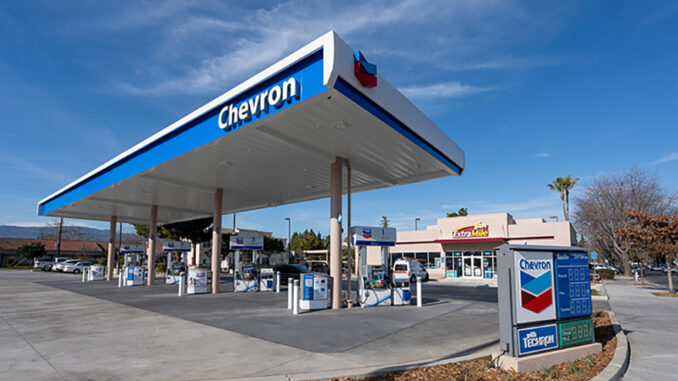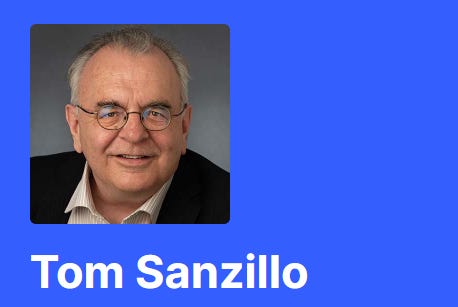
Hess Corp. is going to sell itself to Chevron for $53 billion. The crown jewel of the deal is a Hess partnership in a massive Guyana offshore oil project.
The South American country’s share of offshore profits is sealed with a contract that is one-sided in favor of the companies. During contract negotiations with ExxonMobil, Hess and the China National Offshore Oil Co. (CNOOC), Guyanese officials gave away the store.
In the early days of the deal, IHSMarkit said that Guyana received a below-average take—a polite way of saying they were hoodwinked. Others, like the International Monetary Fund, were more discreet in their expression of concern. The World Bank tried to provide technical assistance to help Guyana manage better, but their efforts obviously failed to work well; Guyana compromised the interest of the nation in many ways.
The country is poised again to allow the oil companies to dictate the outcome. Hess shareholders will have a nice payday and the people of Guyana will likely receive a tiny pay envelope. According to the existing contract, Guyana may get $100,000 for the assignment to Chevron—if this transaction is even considered an assignment. We do not know how all the lawyers, or the government and corporate leaders, will interpret the contract.
Unfortunately, recent history is not promising. Guyanese officials have admitted that they missed the mark on ring-fencing provisions in the contract (a fancy way of saying that ExxonMobil, Hess and CNOOC can front-load all of the costs onto Guyana, putting off the day when the taxpayers see real money).
We also have seen that ExxonMobil, the lead operator for the project, has walked all over the country to avoid its clean-up obligations. A Guyana court had only the harshest words for the irresponsible way that the country handled the negotiations. The South American nation has also mishandled an audit that said Exxon owed it $214 million. A simple matter like an audit has been turned into a complete disaster because of incompetence. A pair of legal scholars in Guyana made it clear recently that the country’s mishandling of the matter indicates that it is unable to manage basic business matters related to the oil drilling.
It remains to be seen if Chevron will be a better partner because they have deeper pockets than Hess, and plan to increase revenue by producing more oil. But unless such promises are part of a written agreement agreed to by all parties, hopes for more investment in the country are unenforceable.
Why should Hess shareholders gain at the expense of Guyana and its people?
Tom Sanzillo is Director of Financial Analysis for IEEFA. He has produced influential studies on the oil, gas, petrochemical and coal sectors in the U.S. and internationally, including company and credit analyses, facility development, oil and gas reserves, stock and commodity market analysis, and public and private financial structures. He also examines such areas as community and shareholder activism, institutional investment, public subsidies and Puerto Rico’s energy economics.



